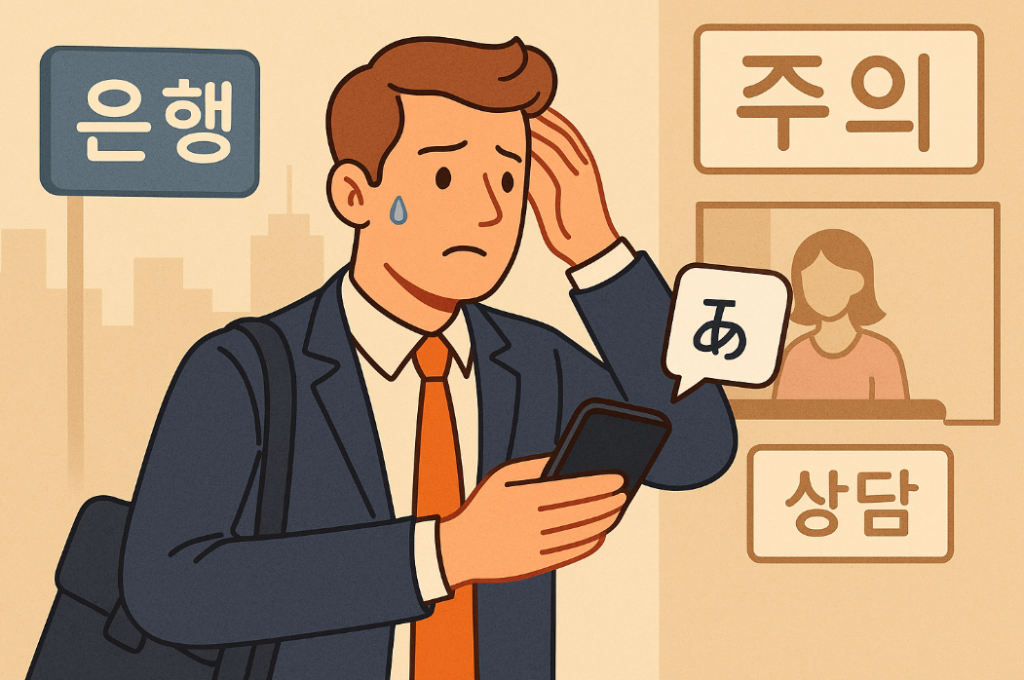Moving to South Korea can be an exciting adventure, but it also comes with its fair share of challenges—especially for expats working here. If you’re considering relocating to Korea for work, or you’ve just arrived, here are five important things you should know based on the experiences of many expats. expat in korea
The Language Barrier Is Real

While it’s possible to get by in major cities like Seoul with limited Korean, most expats quickly realize that daily life often requires more language skills than expected. From opening a bank account to signing a lease or using local apps, a basic understanding of Korean can make a huge difference. Many expats recommend starting language lessons before arriving—and continuing them once you’re here.
Adapting to Korean Work Culture Can Be Tough

Korean workplace culture can feel very different to what many Western professionals are used to. Hierarchical structures, after-hours socializing (known as hoesik), and expectations around overtime can be challenging. Some expats thrive in this environment, but others find it stressful and isolating. It’s crucial to research and mentally prepare for this cultural shift, and if possible, seek out workplaces with international-friendly environments.
Finding Housing Is Complicated and Expensive
The Korean housing market operates on a unique system involving large deposits (jeonse) or hefty key money. Navigating this system without local language skills or a trustworthy agent can be difficult. Many expats report struggling to find suitable housing when they first arrive. It helps to work with an agent experienced in helping foreigners and to budget for higher upfront costs than you might expect in your home country.
Building a Social Life Can Be Difficult, expat in korea
Many expats mention that making Korean friends takes time and effort. Language barriers, cultural differences, and busy work schedules can all get in the way. While there are vibrant expat communities in major cities, forming genuine connections with locals can be challenging—especially outside of Seoul. Joining local interest groups or taking part in language exchanges can help ease the transition.
Everyday Services Aren’t Always Foreigner-Friendly, expat in korea

Although Korea is highly modern and efficient in many ways, some services—like setting up a mobile phone plan or handling government paperwork—can still be difficult for non-Korean speakers. Even when services claim to offer English support, it’s not always reliable. Having a Korean-speaking friend or colleague can be a huge help in navigating these situations.
Living in Korea as an expat is a unique and rewarding experience, but it’s not without its hurdles. By understanding these common challenges in advance, you can better prepare yourself for a smoother transition. Learn the language, research workplace culture, budget for housing, and build your support network—and your time in Korea will be much more enjoyable. expat in korea
